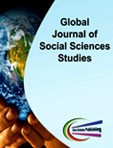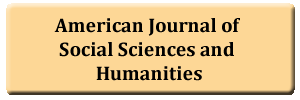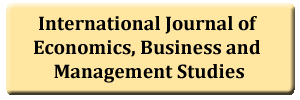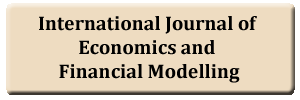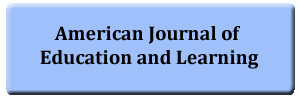Language, Communication, Poverty Eradication and the Fadama Projects in Nigeria
DOI:
https://doi.org/10.20448/807.4.1.1.12Keywords:
Language, Communication, Poverty, Eradication, FADAMAAbstract
Language as a prime instrument of communication has remained the oldest among both traditional and new media. Iwuchukwu (2006) has raised some salient issues relating to the strategic role of language, especially the indigenous language towards poverty alleviation in Nigeria and ultimately achieving the first Millennium Development Goal; Eradicating Extreme Poverty and Hunger by 2015. FADAMA is a major World Bank assisted project in Nigeria aimed at reducing rural poverty, increasing food security and contributing significantly to the achievement of a key Millennium Development Goal (MDG) objective. This paper focuses on the FADAMA project in Nigeria, (covering 1, 2, and 3), examining the role of indigenous languages and communication in its execution. It will further highlight the positive and negative effects of the deployment and non-deployment of appropriate languages and communication tools in the implementation of the project as well as its overall performance. Our methodology will include the analysis of FADAMA field reports 1, 2, and 3; oral interviews with a sizeable number of the vulnerable group that constitutes the target population from at least one (1) state in each of the six geopolitical zones that make up Nigeria. Our claim is that effective and appropriate harnessing of indigenous language and communication will significantly contribute to the overall success of the FADAMA project in Nigeria.

